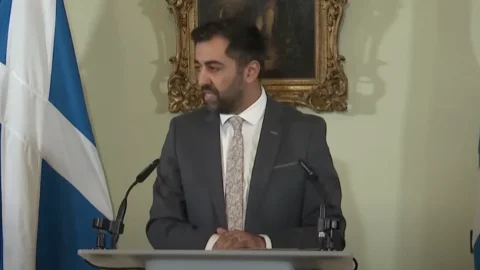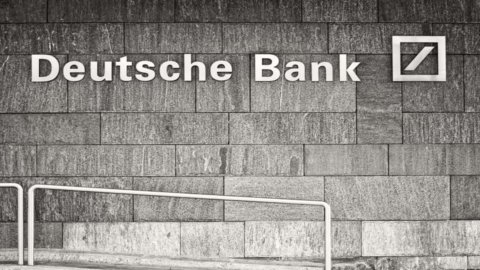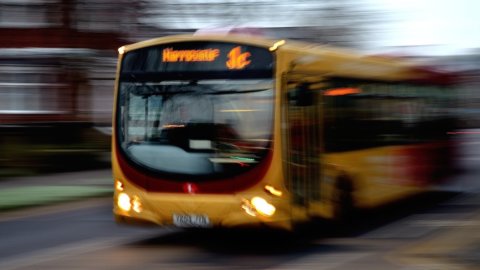The question of refugees coming from the Middle East and North Africa enters forcefully on the European political agenda. After the unheeded Italian appeals and the numerous massacres of innocents in the waters of the Mediterranean, the clashes in Budapest and the entry of hundreds of refugees within the borders of Germany have triggered the alarm bells in Brussels which now seems to be ready to change the rules for the placement of refugees in Europe. But this hypothesis is already met with strong opposition from several Eastern European nations. Renzi, EU wake up, play face – "It is essential that Europe wakes up and does its part" also because on the issue of migrants "the face is played". This was stated by the prime minister, reiterating the need for a "unitary policy" that combines reception, repatriation of those without rights and that "save human lives".
Meanwhile, today the province of Bolzano communicated that Italy is willing to intensify, in compliance with the Schengen agreements, i controls at the Brenner border as requested by Germany: “The Government – he explains – promptly took action in support of Germany's request by communicating its willingness tointensify controls, in compliance with the Schengen agreements on the Brenner border, similarly to what happened on the occasion of the G7". Intensification of controls at the Brenner Pass, therefore, but no suspension of Schengen, clarifies the Province of Bolzano.
Branded migrants. Czech police have started branding every migrant, including children, arriving in Breclav, on the border with Austria, with a number written in felt tip pen on the arm, which identifies the arrival train and the carriage. The same figures are then written on the train ticket which the police seize.
Meanwhile in Budapest, in Hungary, a new morning of chaos has passed with thousands of refugees stranded in the square of the Keleti station. Thousands bought tickets and chant “Freedom! Where are we going? Germany!” but the police attempted to disperse them with water cannons. After a total closure that lasted a few hours, the police reopened the station to travellers. International trains leave, but migrants cannot access the railway yard to leave. The government has also strengthened surveillance at the border with Serbia by sending over 2000 policemen. The tug-of-war between the Hungarian government and Germany on the identification of refugees continues.
Chaos in Paris too. In the Channel Tunnel, trains between Paris and London were blocked in the night. Due to people spotted on the tracks, probably migrants, traffic was in fact stopped for hours in the station of Calais, northern France. Hundreds of passengers remained stationary all night until dawn, the convoys began to move - after hours - only in the early morning. A couple of trains were towed into the departure station.
Renzi, EU wake up, play face – "It is essential that Europe wakes up and does its part" also because on the issue of migrants "the face is played". This was stated by the prime minister, reiterating the need for a "unitary policy" that combines reception, repatriation of those without rights and that "save human lives".
Europe has been clashing in recent weeks on the need to adopt important changes to the Dublin regulationconcerning the management of asylum seekers. The document, adopted by the Union in terms of the right to asylum and also signed by non-EU countries such as Switzerland, indicates that refugees can apply for asylum only in one State and provides that the application is examined by the State where the applicant has entered Europe.
A regulation that has so far "penalized" above all the European states close to the crisis areas: Italy and Greece in particular. On the other hand, the nations of central and northern Europe, geographically far from the conflicts in Syria and North Africa, have benefited above all. But with the opening of the Balkan corridor, traveled above all by Syrian refugees, the issue also affects new states such as Serbia, Macedonia, Hungary and Germany. Hence the initiative of German Chancellor Angela Merkel to suspend the Dublin regulation and to discuss new rules for the management of asylum seekers.
The idea is that of relocate refugees arriving in Europe, by quota, on a European scale. A hypothesis that would certainly benefit countries that have so far suffered the refugee emergency such as Italy and Greece and which could also make Germany take a breath, given that it is precisely towards Berlin that the majority of asylum seekers want to go. This is the case, for example, of the more than 3000 refugees who yesterday were rejected and blocked at the main station in Budapest and who wanted to get on the trains bound for Munich shouting: “Fredoom! Germany!”.
But not everyone likes the idea of redistributing refugees. Especially to those Eastern European countries such as the Czech Republic, Slovakia. And even the Czech premier Bohuslav Sobotka says he is ready to send the army to protect the border. An initiative far removed from the idea of Merkel who wants to send her proposal to the Council of EU Interior Ministers on 14 September.





